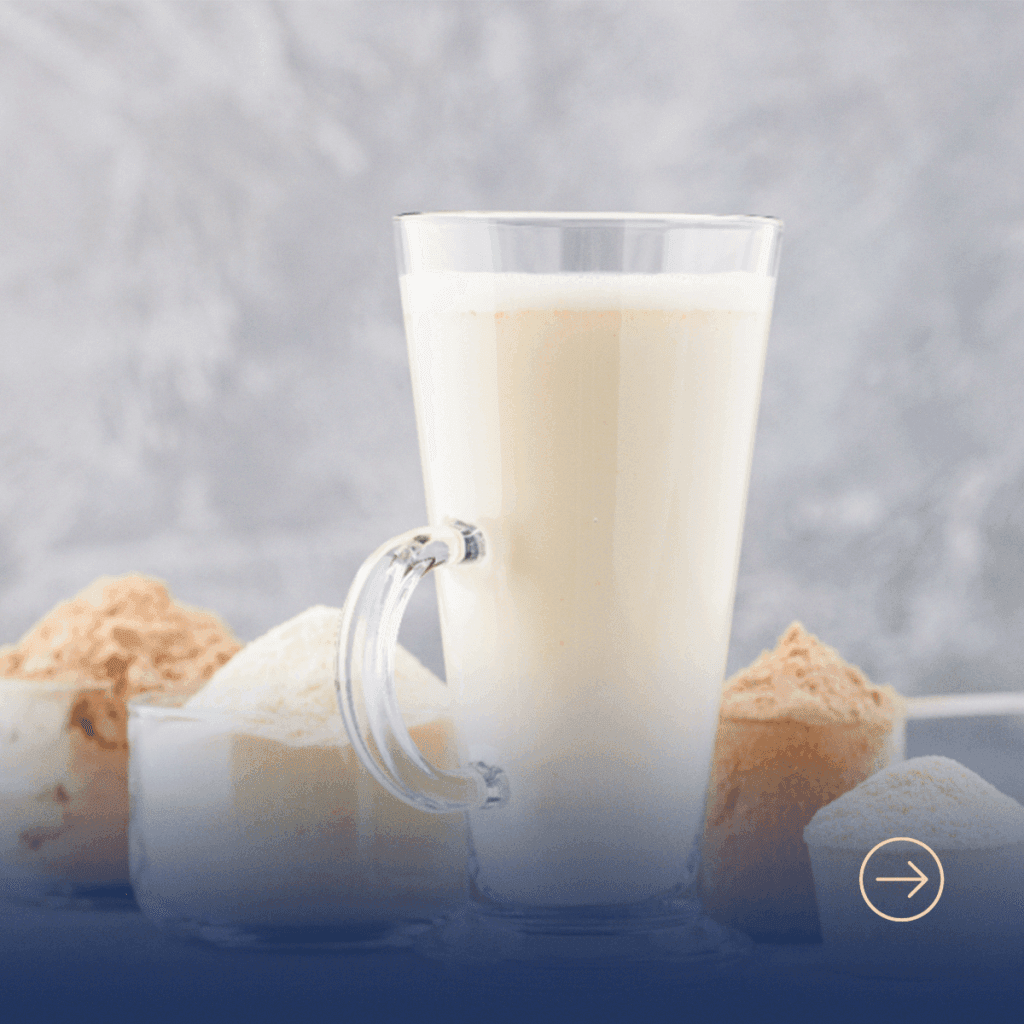There are various ways and means of meeting your daily protein needs. A rather unusual source of animal protein is insect protein. This rather unconventional alternative is becoming increasingly popular because this form of protein is not only more environmentally friendly than meat and the like, but also has many other advantages. You will now find out exactly what these are.
What is insect protein?
Insect protein is, as the name suggests, protein from insects. Animals such as grasshoppers, crickets, mealworms or larvae of certain types of beetles are mainly used. However, the whole insect is rarely used. The animals are usually used in ground form, i.e. as insect flour, and processed into various products such as pasta, shakes or bars.
Insects not only provide you with plenty of protein and essential amino acids, but also provide a high amount of unsaturated fatty acids and fiber. They also contain some vitamins and micronutrients that are important for the body, such as zinc, biotin, iron, selenium and magnesium.
In addition, they are cheap to produce and much more environmentally friendly than their other animal alternatives, making them an ideal source of protein.
Unfortunately, insect protein is not vegan and therefore only suitable for meat eaters. In contrast to our protein powder. Daminoc® offers a complete amino acid profile that is identical to our human body protein and can therefore be ideally metabolized by us. And all without animal ingredients. So it provides you with optimal protein without chicken etc.
Why is insect protein so good?
The use of insect protein offers a whole range of advantages. Of course, the first thing that catches your eye is the high protein content and the complete amino acid profile. Its protein content is on average 35% to 61%, crickets even reach up to 77%. In addition, the human body can produce 85 to 95 grams of its own protein from 100 grams of insect protein. This makes them an ideal source of protein, especially for people who value a sustainable lifestyle.
Insect protein is not only a real protein bomb, but also performs very well in its production, as the production is much more sustainable than conventional livestock farming. With a constantly growing demand for food, the food industry is increasingly reaching its limits. Insect protein can help here.
It is not just the ever-increasing world population that is making a rethink in our food industry necessary, but also climate change. On average, insects only need two kilograms of feed to build one kilogram of body mass. Cattle, on the other hand, need almost eight kilograms. In addition, breeding insects is less dependent on land, their water requirements are considerably lower than those of conventional livestock, and they emit significantly fewer climate-damaging gases.
In addition, insect protein also scores points with its high content of vitamins A and B12, calcium, zinc, iron and potassium. It also provides a lot of fiber, is low in fat and calories and contains hardly any carbohydrates.
What forms of insect protein are there?

Insect flour
Insect protein meal is of high quality and has a balanced amino acid profile as well as very good digestibility and palatability.
Areas of application for insect protein flour are:
- Hypoallergenic dog food
- High performance fish food
- High performance poultry food
- Attractant for shrimp food
- Feed for fast growing broilers
Insect lipid
The lipids (fats) from insect processing are very easily digestible and have a high lauric acid content.
Areas of application for insect lipids are:
- High-performance feed for piglets
- Starter feed for chickens
- Cosmetics
- Cleaning products
- Biodiesel
Insect remains
The residues from insect rearing, e.g. insect waste, can be reused as fertilizer in agriculture and gardens. Another option is to use them as a raw material for biogas production.
Conclusion
Although the idea of eating insects may seem unusual or even repulsive to many people, these small crawling creatures are a source of protein that should not be underestimated. This form of protein is particularly attractive because it is easy and sustainable to produce. This means that it is not only a potential way to counteract climate change, but also helps to address the ever-increasing food consumption and the resulting shortages.
The only negative point is that insect protein is not vegan, which is not a good thing at a time when more and more people want to avoid meat and other animal products.
For all those who are vegan and simply want to meet their protein needs, there is Daminoc®. As a vegan protein powder that provides all ten essential amino acids that are identical to human requirements, it significantly exceeds the biological value of comparable protein supplements. It thus combines the best of both worlds. An amino acid profile that is better than that of animal products but still 100% vegan. Daminoc® not only supports a healthy and balanced diet, but also promotes well-being by providing a full spectrum of essential amino acids without having to resort to animal products.
Frequently Asked Questions:
Is insect protein vegan?
No. Insect protein is not vegan. Insects are living animals and therefore their consumption is not suitable for vegans.

